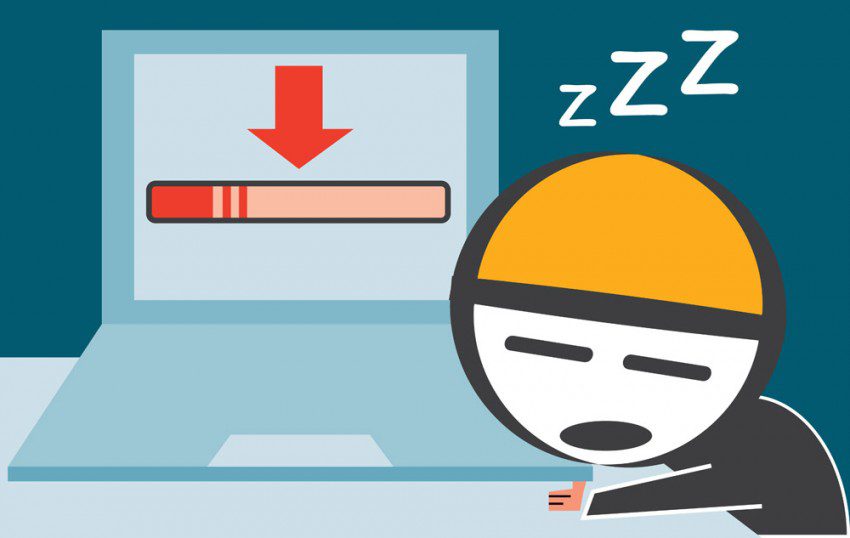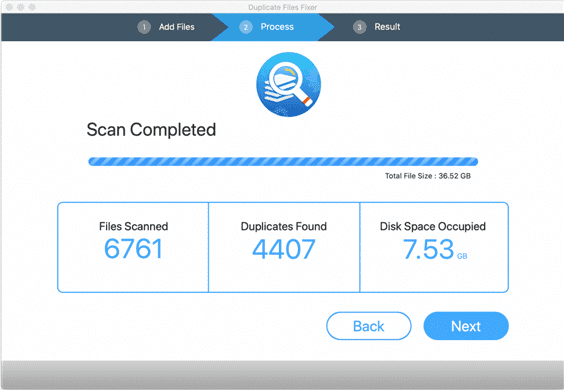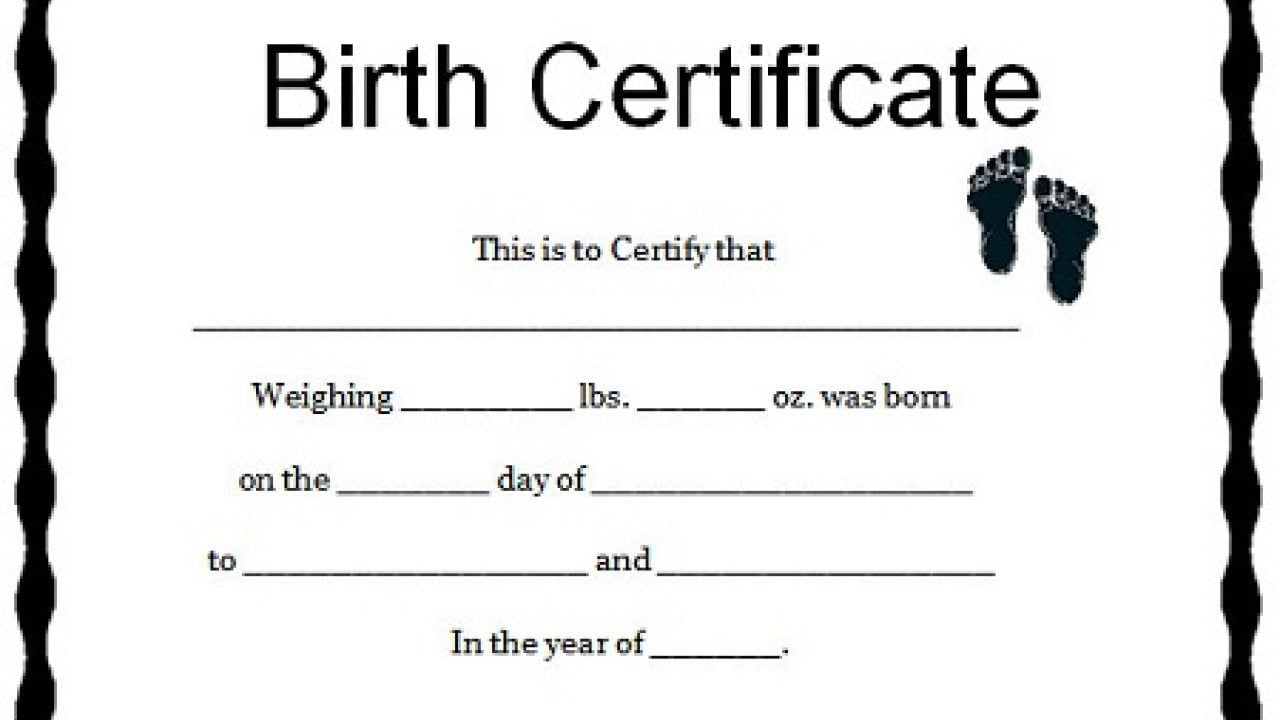
The NFT market has witnessed paced growth in recent years. It has become more than a trend, and technology enthusiasts are speculating a transformed world of opportunities with this futuristic digital asset.
From healthcare, retail, education to real estate, NFTs are contributing significantly to the evolution of the internet into a decentralized digital space.
Using digital wallets and NFTs to transact bids on properties and tokenizing their documentation can turn around the landscapes of the real estate industry.
The job is to create a robust and secure infrastructure for initiating and executing NFT-based real estate transactions and managing and purchasing properties.
So, how do we develop a construct an NFT marketplace that meets the evolving demands of the real estate industry?
This blog post will walk you through the process of NFT real estate marketplace development. Let us read it out loud.
1. Discovery
Your NFT marketplace may interact with business leaders, NFT enthusiasts, real estate NFT buyers, traders, or even newbies. Thus, it becomes essential to consider diverse demands and create an interactive design.
Suppose you hire an NFT marketplace development company. In that case, they will validate your idea through the discovery phase, where they visualize the product, understand the market trends, put their inputs on the table, and prototype the product.
You can ask the service provider to enable decentralized listing, fast development of tokens, and maximum personalization in the form of features and functionalities.
2. Design
The goal of an interactive NFT real estate marketplace is to meet the diverse demand of a diverse audience. The developers should analyze the user-oriented trends and implement necessary developments.
If you want your NFT real estate marketplace to be a hub, it is considered the best practice to work aggressively on its prototype, so you get the closest to the product you wish to create.
3. UI Development
A marketplace combines storefront, bidding interface, wallet, search options, and a lot more. Right from hosting your marketplace on the cloud to turning it into a proof of concept, you should be attentive to coding the features and functionalities.
The better the UI of your NFT marketplace is, the best results it would bring to your business.
4. Setting Up The Blockchain Ecosystem
To incorporate Blockchain functionalities in your NFT marketplace, you need to create Smart Contracts on a Blockchain platform. You can list your requirements and use the most suitable Blockchain platform to your needs to incorporate Blockchain-oriented functionalities.
Before you choose and implement a Blockchain platform, you should ensure that;
- It functions well,
- is secure,
- offers analytics,
- and provides support.
5. Integrate a Digital Wallet
To enable secure and transparent NFT transactions on your NFT real estate marketplace, you can integrate a digital wallet like MetaMask, Coinbase, MyEtherWallet, Torus, etc.
These digital wallets are specifically designed for executing cryptographic transactions and are protected by private keys with an added layer of security.
These wallets securely and efficiently store all transactions executed on the platform on the cloud and present them through an interactive interface.
6. Testing
The goal of in-depth, sophisticated, and analytical testing is to identify all minor or significant loopholes in the product—the testing process highlights which segments of the marketplace require rework. Testers create reports and take actionable steps to counter the issues.
It is a stage of the NFT marketplace development process that escapes any real-time discrepancies in the product’s functioning.
The entire testing process can be parted into small test cases scrutinizing the functionality, useability, and performance of the NFT marketplace. Testing professionals can perform these tests through manual or automated testing processes.
If you have not yet considered testing in your budget, you may need to revise it a bit.
7. Launch
A real estate NFT marketplace featuring Smart Contracts and other advanced functionalities to trade real estate properties or virtual lands needs a smooth deployment in the real-time processes. This part of the process depends significantly on the experience of NFT marketplace developers you hire.
Conclusion
NFTs can make the real estate industry more secure and sophisticated with decentralized and distributed infrastructure. However, it is also essential to take measurable steps to counter any process-oriented issues allowing cybercriminals to exploit the cryptographic identities. It is why security tops the list of prerequisites of every business enthusiast looking to build an NFT marketplace for real estate.
Author Bio
Brian Comel is an experienced Blockchain developer and NFT enthusiast who often pens his knowledge and expertise in the technology through blogs and journals.








